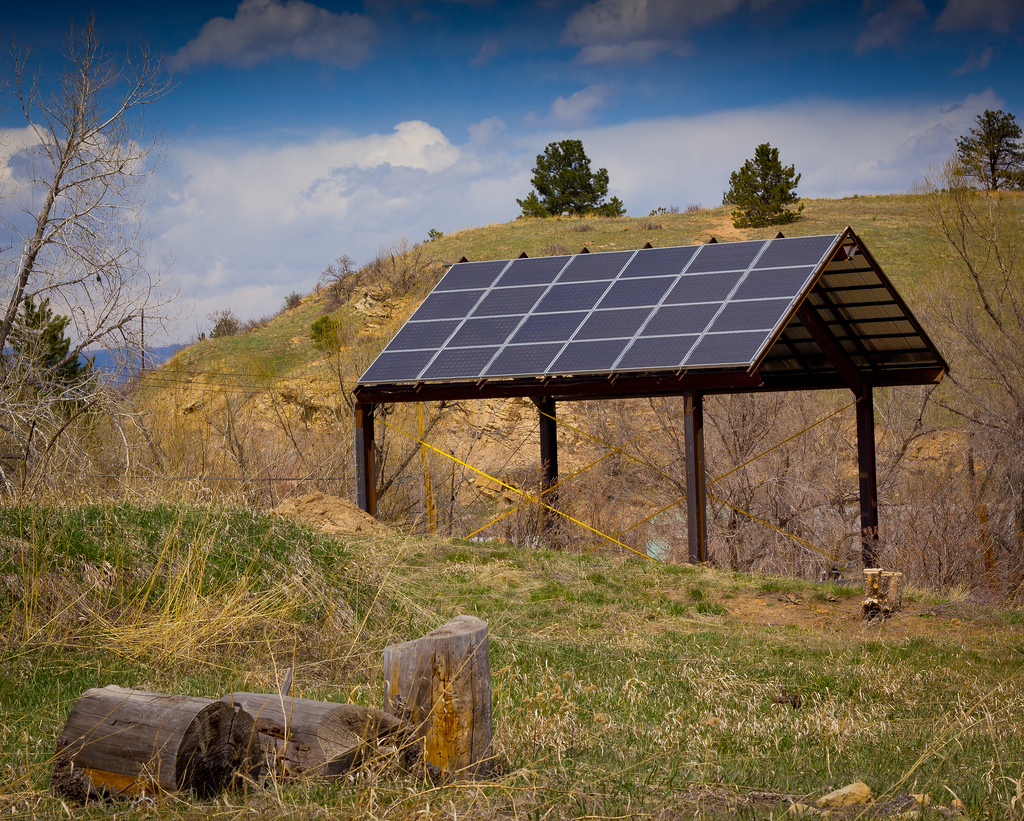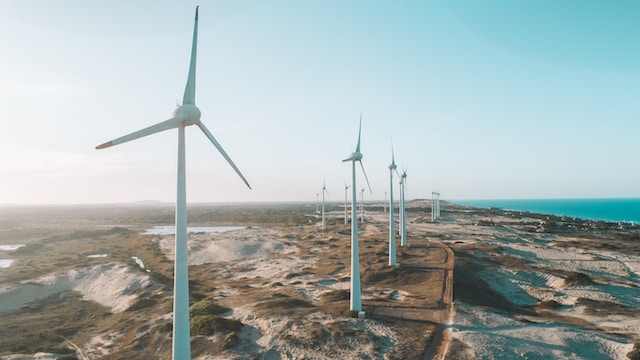Solar Photovoltaic (PV) Rural Electrification
According to the World Health Organization, 1.1 billion people do not have access to electricity while 3 billion people use solid fuels such as wood, charcoal, coal, and dung for cooking and heating. The use of solid fuels, often indoors, negatively affects the health and quality of life as family members have to deal with indoor smoke from kerosene lanterns.
Fortunately, the increasing availability of solar energy technology is helping combat poverty all across the world and reducing the negative health effects of smoke inhalation. There are also new technologies such as the Kokero solar light bulb and other solar powered household appliances that are being used in parts of Latin and South America, Africa, and Asia. Solar powered lighting in homes in Cambodia, for example, helps children do school work at night. Cambodia has lots of sunshine and an underdeveloped electrical grid making it perfect for easy-to-install renewable energy technology.
Choosing the Right Technology Isn’t Easy
According to data, PV systems located in off-grid rural communities are great if they are affordable. In order to install and maintain PV systems, they must be low-priced with financing, low monthly fees, and with a readily available supply of parts in the local market.
Currently, rural communities have a number of barriers and PV systems may not be the best alternative for electricity generation in all instances. By using Energy Poverty Index Scores (EPIS), researchers are able to identify areas where energy poverty is highest and solutions are needed the most.
According to Solar Revolution, “developments in the photovoltaic (PV) industry over the last ten years have made direct electricity generation from PV cells a cost-effective and feasible energy solution, despite the common view that PV technology appeals only to a premium niche market.”
In fact, in coming decades, experts see solar energy becoming the cheapest source of energy in nearly all markets and locations because photovoltaic panels don’t need to be connected to the world’s rapidly aging and fragile electricity grid in order to provide electricity to end-users.
The following video shows a ” Start up in Nigeria Deploys Solar Energy to Rural Communities.”







